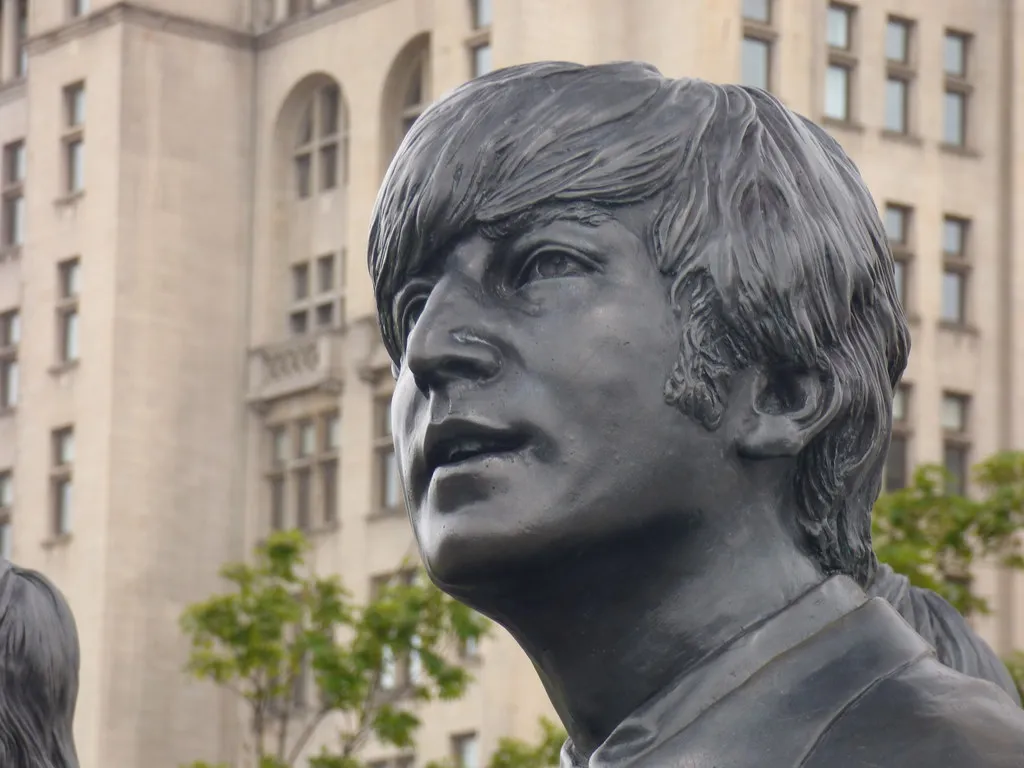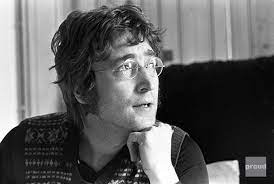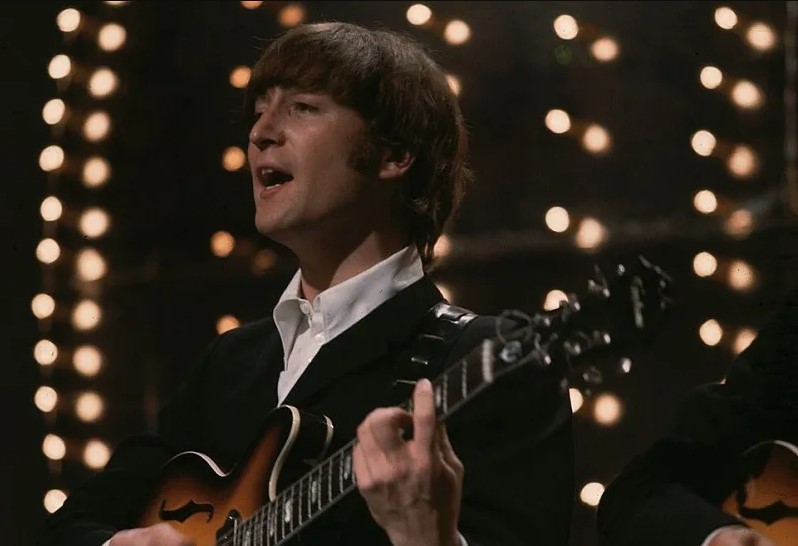John Lennon, celebrated as one of the greatest musical icons of the 20th century, was more than just a talented musician. He was also a visionary artist, poet, and activist who constantly pushed the boundaries of creativity and expression. Beyond his groundbreaking work with The Beatles, Lennon embarked on a fascinating journey into the world of filmmaking, a pursuit that showcased his boundless imagination and passion for storytelling. In this exploration, we delve into Lennon's foray into filmmaking, tracing his evolution as a filmmaker and the enduring legacy he left on the cinematic landscape.
(Watch the video below)

Lennon's fascination with filmmaking can be traced back to his childhood in Liverpool, where he developed a love for cinema and storytelling. As a young boy, he would often escape to the local movie theater, immersing himself in the magic of the silver screen and dreaming of one day making his own films. This early exposure to the world of cinema ignited a lifelong passion in Lennon, one that would later manifest in his creative endeavors as an adult.
Despite his fame as a musician, Lennon harbored a deep-seated desire to explore new artistic mediums and challenge himself creatively. In the late 1960s, during his tenure with The Beatles, he began to experiment with filmmaking, drawn to its potential for visual storytelling and artistic expression. Alongside his bandmates, Lennon ventured into the realm of experimental filmmaking, producing a series of avant-garde short films that showcased his innovative spirit and irrepressible creativity.

One of Lennon's earliest forays into filmmaking was his collaboration with wife Yoko Ono on a series of experimental films, including "Film No. 5 (Smile)" and "Film No. 6 (Erection)." These short films, characterized by their abstract imagery and unconventional narratives, offered viewers a glimpse into Lennon's surreal imagination and his fascination with exploring the boundaries of perception and reality. Through these experimental works, Lennon sought to challenge conventional notions of filmmaking and invite audiences to embrace new forms of artistic expression.

As Lennon's interest in filmmaking continued to grow, he sought out opportunities to expand his creative horizons and collaborate with other artists and filmmakers. In 1969, he and Ono formed the production company "Bag Productions" with the intention of producing a feature-length film. The result was "Two Virgins," a controversial avant-garde film that featured intimate footage of Lennon and Ono interspersed with abstract imagery and experimental soundscapes. Despite its divisive reception, "Two Virgins" marked a significant milestone in Lennon's evolution as a filmmaker, showcasing his willingness to push the boundaries of art and challenge societal norms.
Following the dissolution of The Beatles in 1970, Lennon continued to pursue his passion for filmmaking with renewed vigor. He embarked on a solo career that allowed him greater creative freedom and autonomy, enabling him to explore his interests in film and visual arts more deeply. In 1971, Lennon released "Imagine," a critically acclaimed documentary film that chronicled the making of his iconic album of the same name. Directed by Lennon and Ono, "Imagine" offered viewers an intimate look into Lennon's creative process and provided valuable insights into his life, art, and philosophy.
In the years that followed, Lennon continued to experiment with filmmaking, producing a diverse array of projects that reflected his eclectic interests and artistic sensibilities. From music videos and concert films to avant-garde shorts and political documentaries, Lennon's filmography encompassed a wide range of genres and styles, demonstrating his versatility as a filmmaker and his commitment to using the medium as a tool for social commentary and personal expression.

One of Lennon's most notable filmmaking endeavors was his collaboration with renowned director Richard Lester on the surreal comedy "How I Won the War" in 1967. In the film, Lennon played the role of Private Gripweed, a bumbling soldier caught up in the absurdity of war. Despite mixed reviews upon its release, "How I Won the War" has since gained a cult following for its unconventional narrative structure, offbeat humor, and subversive commentary on the futility of war.
Throughout his career, Lennon remained committed to using his platform as a filmmaker to advocate for social justice and political change. From his anti-war activism to his support for civil rights and environmental causes, Lennon used his films as a means of raising awareness and inspiring action on pressing social issues. In doing so, he demonstrated the transformative power of art and the profound impact that filmmakers can have on society.

Despite his untimely death in 1980, Lennon's legacy as a filmmaker lives on, inspiring countless artists and filmmakers to pursue their creative passions and use their voices to effect positive change in the world. His groundbreaking work continues to resonate with audiences around the globe, reminding us of the enduring power of art to transcend boundaries, challenge perceptions, and unite us in our shared humanity.
In conclusion, John Lennon's journey into filmmaking stands as a testament to his boundless creativity, visionary spirit, and unwavering commitment to artistic expression. Through his groundbreaking films, Lennon pushed the boundaries of filmmaking and challenged societal norms, leaving behind a rich and enduring legacy that continues to inspire generations of artists and filmmakers to this day. As we celebrate Lennon's contributions to the world of cinema, we are reminded of the transformative power of art to illuminate, educate, and inspire, and the profound impact that one artist's vision can have on the world.



